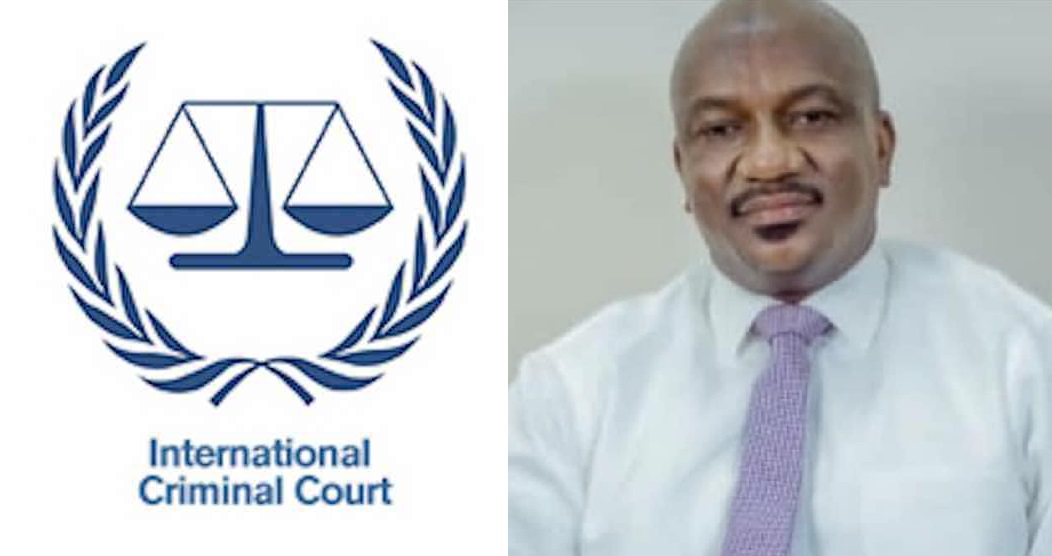The Attorney General and Minister of Justice of Sierra Leone, Mohamed Lamin Tarawallie, has joined his counterparts from the ECOWAS Member States at the King Fahad Hotel in Dakar, Senegal for a three-day high-level regional cooperation seminar on the International Criminal Court and National Justice in the fight against impunity for Rome Statute crimes and other serious or related crimes.
The seminar is organized by the ICC with support from the European Union and France. The EU Ambassador in Senegal, Irène Mingasson, spoke about the EU’s concern about security issues within the Sahel. She said the EU has been a partner of the ICC since 2003 and re-affirmed its commitment to universality and support for global peace and the Rome Statutes.
Calling on states’ commitments to the ICC Trust Funds for Victims, Ibrahim Sorie Yilla, a Sierra Leonean who is the Vice President of the ICC Trust Fund, said that 20 years ago, after the entry into force of the Rome Statutes, reparation was a reality for victims.
Mr. Yilla said the ICC Trust Fund was created separately but interdependently from the court and has been carrying out its work fully. He used the opportunity to call on African Justice Ministers to support the work of the Trust Fund for the sake and cause of victims’ right to reparation.
The Deputy Prosecutor of the ICC, Mame Mandiaye Niang, a Senegalese, called for cooperation and complementarity and emphasized that the court renders justice to the people. He urged African countries to abandon their critical stance toward the ICC and embrace the court’s ongoing approach based on respect and responsibility.
In declaring the conference open, the Senegalese Minister of Justice, Malick Sall, called on the African States to review their will and work together to meet the requirements of prevention in the Rome Statutes. He also urged African countries to contribute to the evolution of the ICC and to avoid viewing it as a form of justice against Africa.
However, while States Parties see themselves as essential components in collaborating with the ICC, the ICC must deliver on its complementarity.
The conference, which coincides with the 20th anniversary of the Court’s entry into operation, will provide a platform for enhancing vertical cooperation between the Court and States Parties and horizontal collaboration between States, the better to wage the fight against impunity for serious and related crimes. It will also be an opportunity to discuss capacity-building in national courts and to promote complementarity to meet victims’ needs for justice.
During the three-day deliberations, they will also look back at past cooperation and complementarity initiatives between the ICC and States Parties to the Rome Statute, ECOWAS members, and other partners, as well as identify the efforts to be made and strategies to be adopted by the ECOWAS Member States and other States in the region to become more effective in the fight against impunity for serious crimes.
They are hopefully introducing a mechanism for States Parties to prosecute serious offenses discovered by the ICC in the course of its investigations but, fall outside its jurisdiction.
Participants in this seminar are the Ministers of Justice of the Islamic Republic of Mauritania, the Republic of Chad, and the Central African Republic, given the cross-border security challenges faced by those countries and their contribution to the promotion of inter-State mechanisms to combat insecurity in the region.
Principal State Counsel, Osman I. Kanu, and State Counsel, Thomas Joe Freeman, are also participants in this high-level seminar.


 Post a comment
Post a comment









Comment(s)
Disclaimer: Comments expressed here do not reflect the opinions of Sierraloaded or any employee thereof.
Be the first to comment